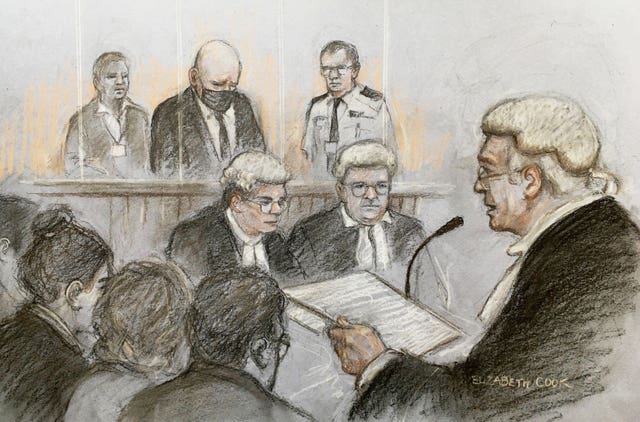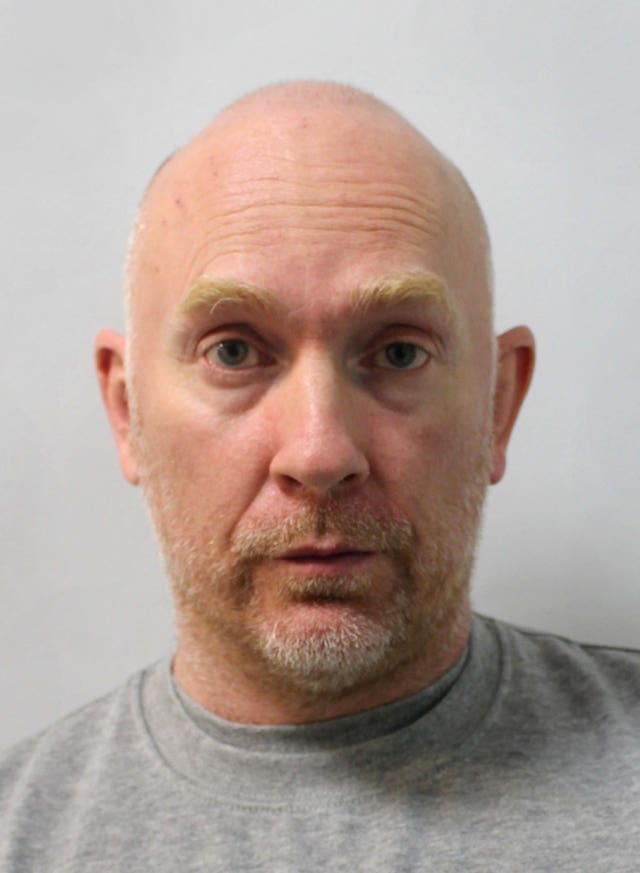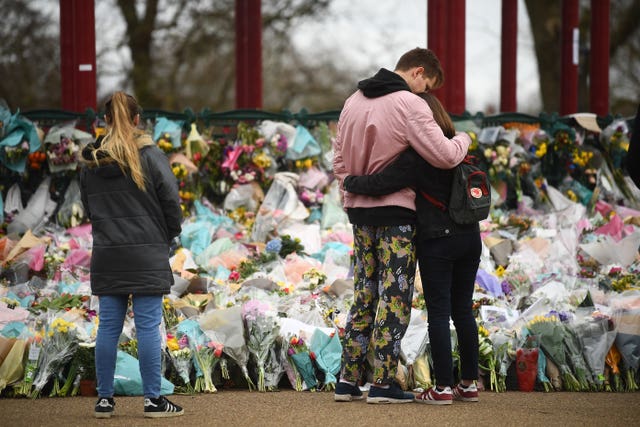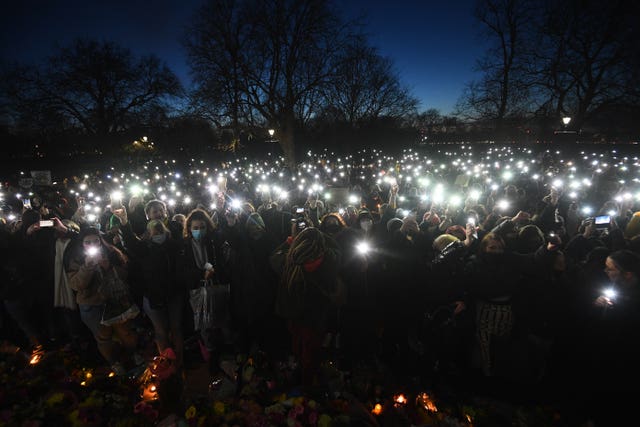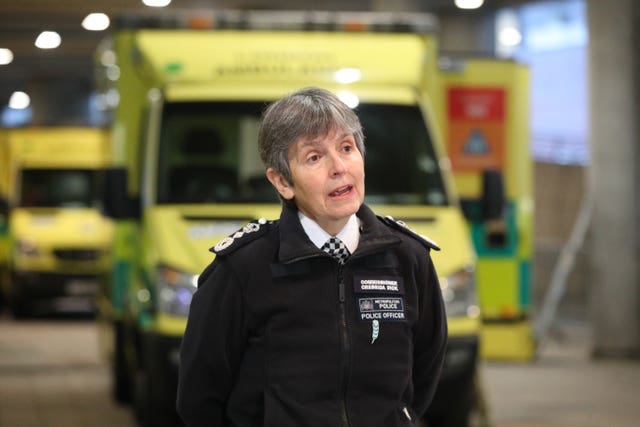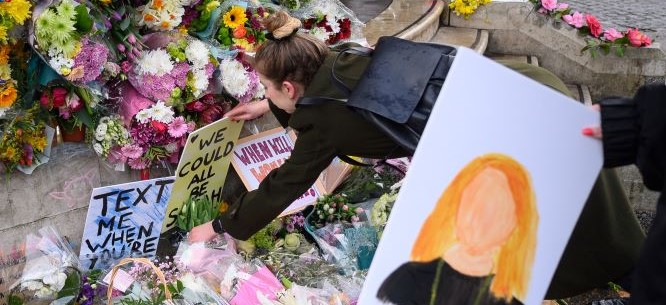Bristol Crown court has sentenced two more people to prison this week, for charges arising out of the city’s 2021 Kill the Bill demonstrations.
Judge Patrick handed Jesse Geaney 12 months in prison on Monday 27 February for allegedly shining a laser pen towards a police helicopter at a Kill the Bill protest on 26 March 2021. He also sentenced Carl Davis to two and a half years for ‘riot’, for his role in the 21 March uprising outside Bridewell police station.
Supporters held a demonstration outside the court on 28 February, in support of the defendants.
Notorious sentencing
Judge Patrick has presided over almost all of the Kill the Bill trials since March 2021. He has become notorious for handing down harsh sentences. In fact, 34 of Bristol’s Kill the Bill demonstrators have now received a total of over a hundred years in prison between them.
The 2021 Kill the Bill protest was against the Police, Crime, Sentencing and Courts (PCSC) Act (then a Bill), and came in the wake of the murder of Sarah Everard by a serving police officer. The mood was angry and defiant. And when police used shields and batons to attack the crowd, the protesters had had enough. People fought back – seizing police batons, shields, and helmets. Demonstrators breached the windows of the police station, and set several police vehicles on fire.
Carl Davis was allegedly one of a crowd of people who kicked at the windows of Bridewell police station. The reinforced glass frontage eventually buckled and broke, as demonstrators attacked it with rocks, a skateboard, a bicycle, and reappropriated police batons.
Before the sentencing on 28 February, Carl wrote this statement:
Guess I’m off to Butlins to take one for the team! Plead guilty for riot as the evidence seemed too strong for trial. Ironically one of the main pieces of evidence was traces of my blood that in fact came from an injury caused by riot police which is a classic example of what really happened that day…
I don’t even like to consider it as a riot when in my eyes it was just a peaceful protest against an inhumane bill that was turned violent by the police who broke countless laws and then lied to the media about getting injuries. All we did was defend each other and show the world that if the people who enforce the laws won’t abide by them then neither will we.
Imprisoned for shining a laser pen
On 27 February, Jesse Geaney was imprisoned for 12 months for allegedly shining a laser pen at a police helicopter. Jesse had been part of one of the Kill the Bill protests which followed the Bridewell uprising.
On the Tuesday two days after the clash at Bridewell, a vigil was held on Bristol’s College Green in support of the Gypsy, Roma and Traveller (GRT) community, who the PCSC Bill directly targeted. The cops were out for revenge. Hundreds of riot police attacked the vigil, bringing down their riot shields as weapons on the heads of protesters. The police violence set the scene for at least 10 more demonstrations, which saw intense physical force from riot cops, as crowds fought back.
Police arrested Jesse after the third mass Kill the Bill demonstration, the following Friday 26 March. Riot cops – many of them on horseback – had been viciously attacking the crowd. Jesse was arrested after police claimed that the laser pen had forced their helicopter to change its flight path.The Tory government has passed legislation specifically against the use of laser pens to disrupt aircraft and other vehicles in recent years.
Defence barrister Margot Munro-Kerr said that her client had a rare health condition called Marfans syndrome. This would make Jesse’s stay in prison more difficult. She explained that the prison was unable to provide Jesse with adequate care. However, Judge Patrick chose to impose a custodial sentence anyway.
‘Harsh and brutal’ sentencing
Justice for Bristol Protesters (JBP) told The Canary that their members were “heartbroken” at the “callous and inequitable” sentences. JBP is a campaign made up of friends, families, and supporters of the defendants. One parent said:
The prison sentences handed down this week have been harsh and brutal. The judge chose to totally disregard probation reports and their recommendations, which begs the question of why spend public money producing them.
They emphasised the toll the sentences were taking on the defendants’ mental health. They also said that the agonising wait for trial is already comparable to serving a prison sentence:
Given that these cases have taken the best part of two years to come to court and the devastating impact this has had on the mental health of the defendants and their families they have already served a sentence.These cases need to be reviewed and a full enquiry undertaken.
Two years of state repression
As we approach the second anniversary of the Bridewell uprising, the state’s repressive response is nowhere near over. The Kill the Bill trials are set to carry on at least until this summer. 34 people have already received custodial sentences, and many more are awaiting trial.
In many ways, what’s happening in Bristol is a microcosm of what’s happening across the UK, as well as on a global scale. Here in the UK, the state is handing out more and more prison sentences to those who resist. On an international scale, states routinely act to stamp out rebellion wherever peoples’ anger spills out onto the streets. Local struggles like the one in Bristol are just one part of the global struggle of people against power. Perhaps we can take solace in the thought that when we suffer state crackdowns we are not alone. Countless others are experiencing the same struggle, and that state repression will only make people fight harder.
Click here to donate to the Kill the Bill prisoners’ support fund.
Featured images via Bristol Anti Repression Campaign and Carl Davis (with permission)
By Tom Anderson


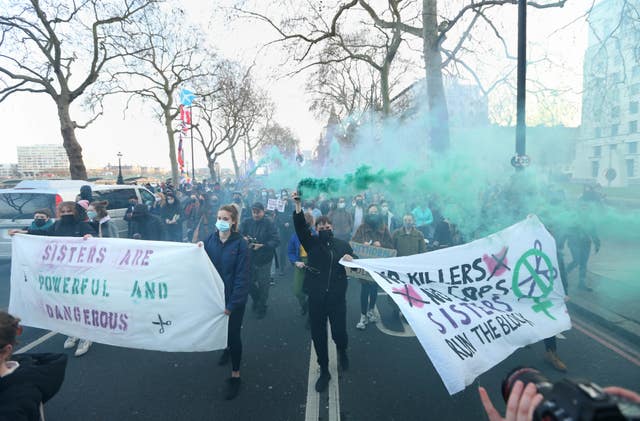
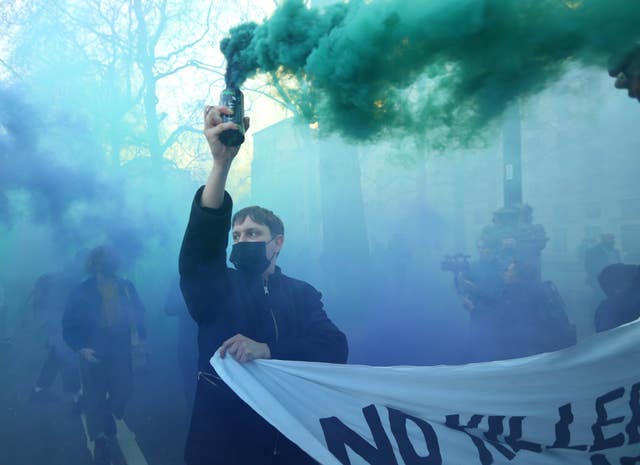
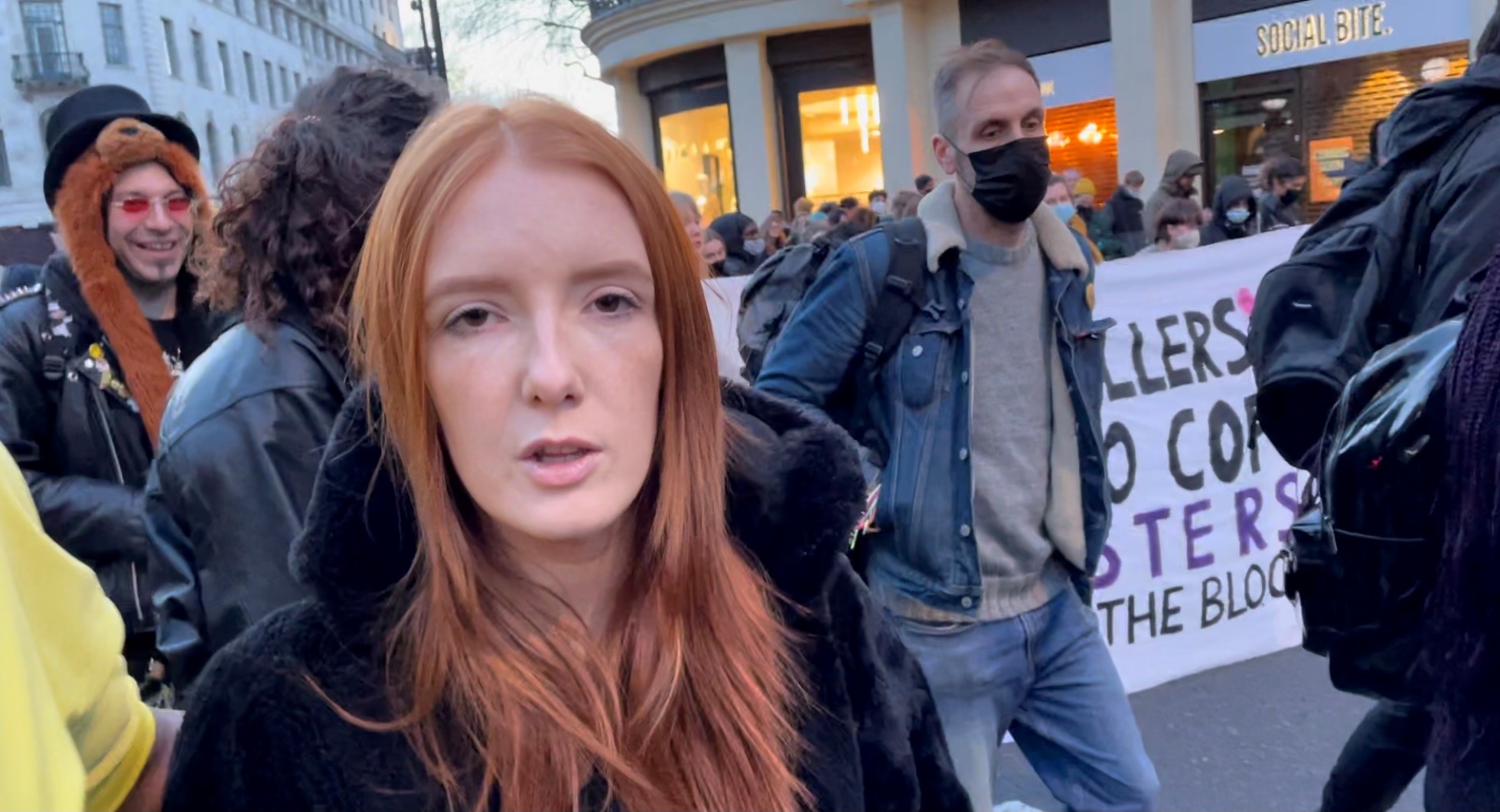
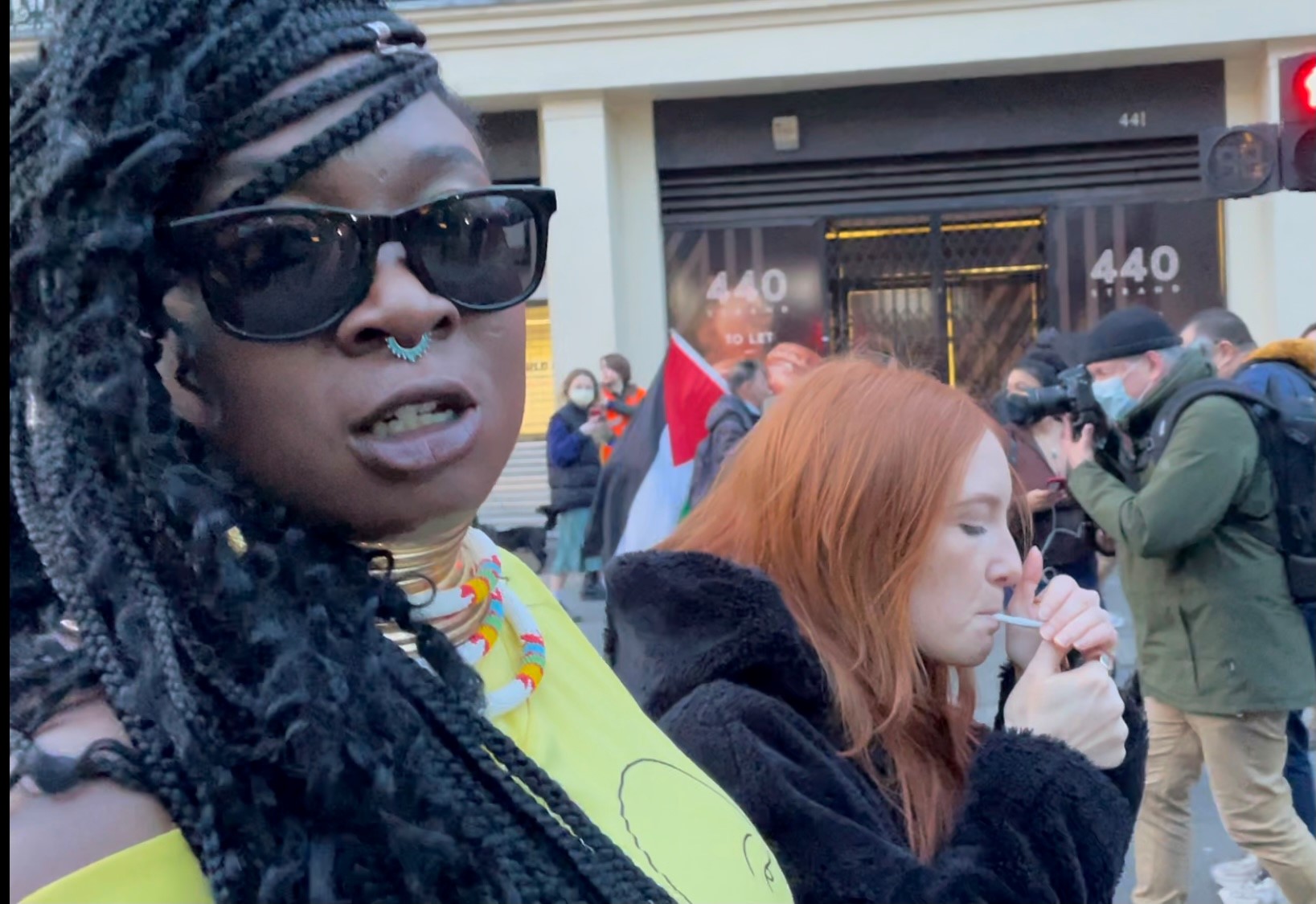
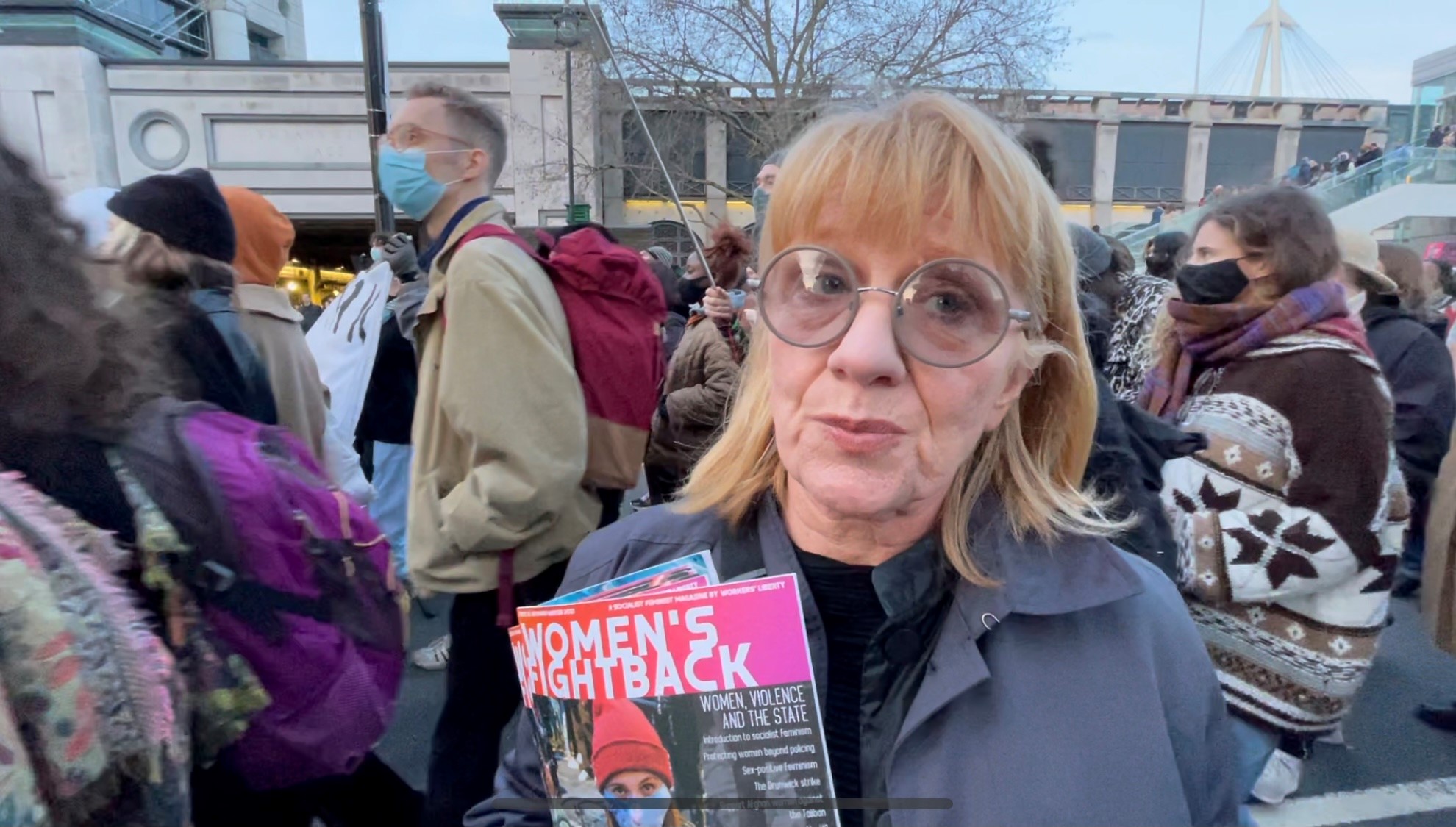
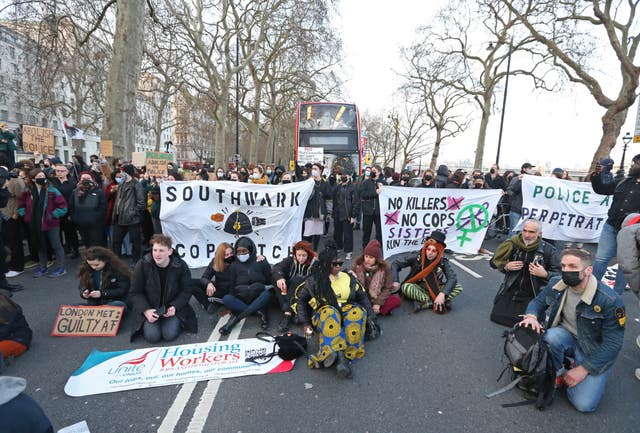
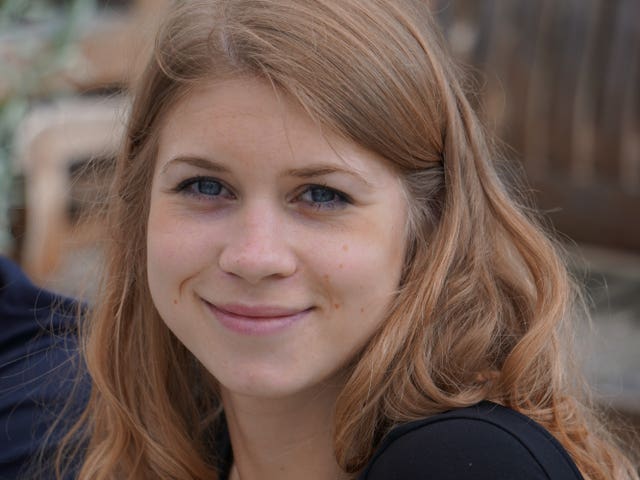
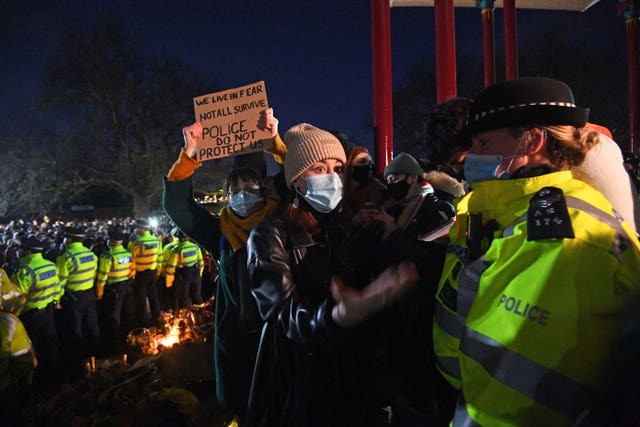
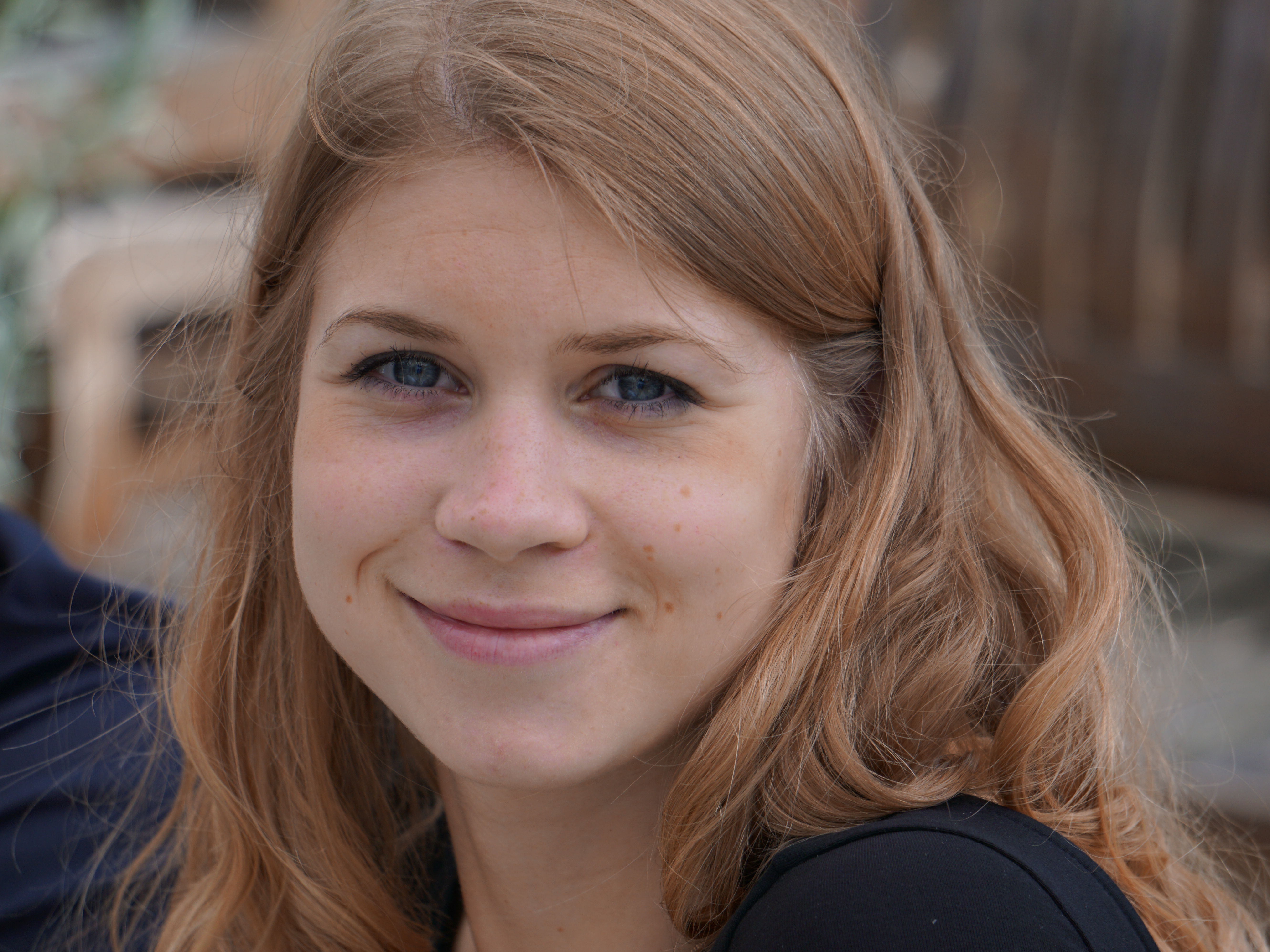
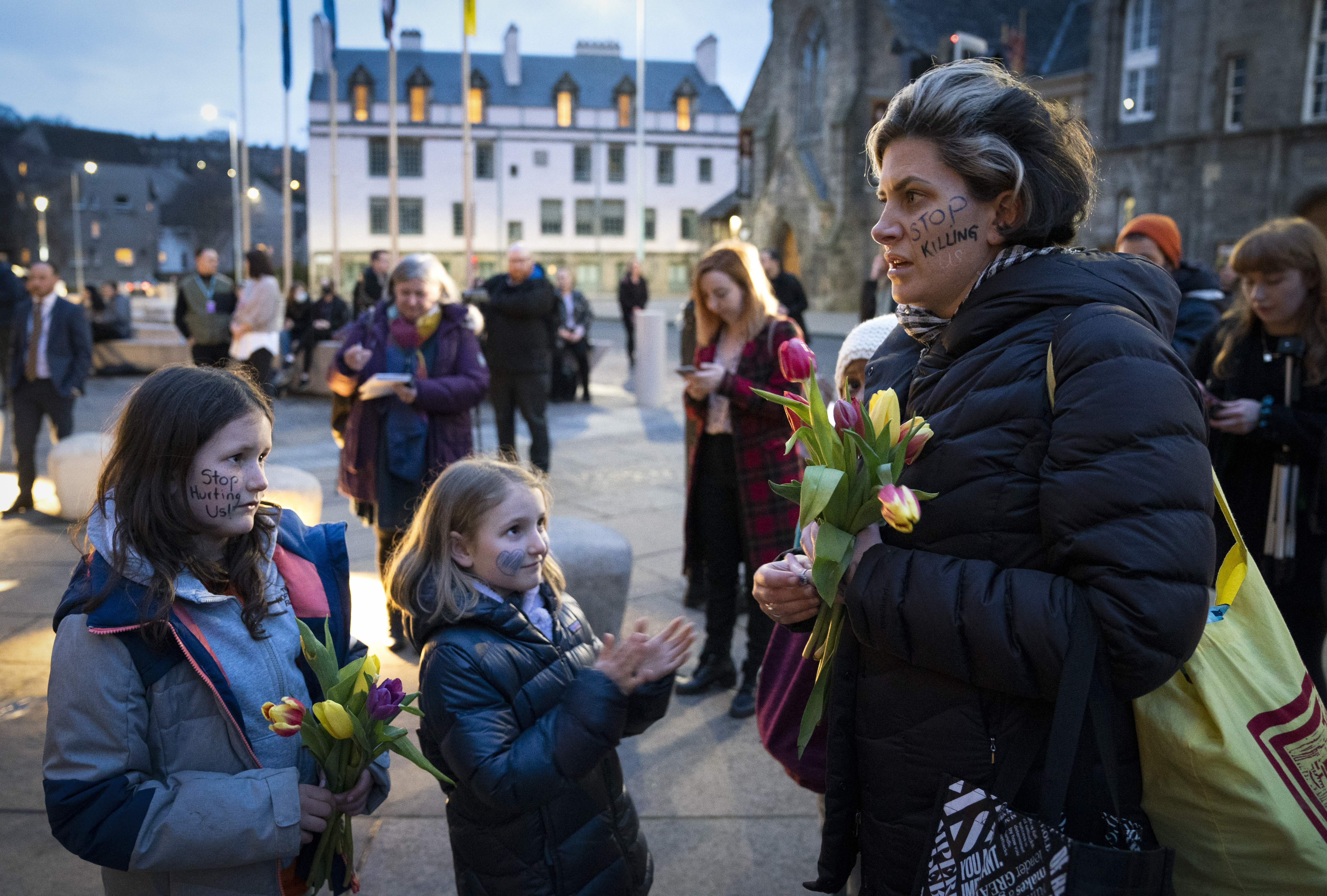

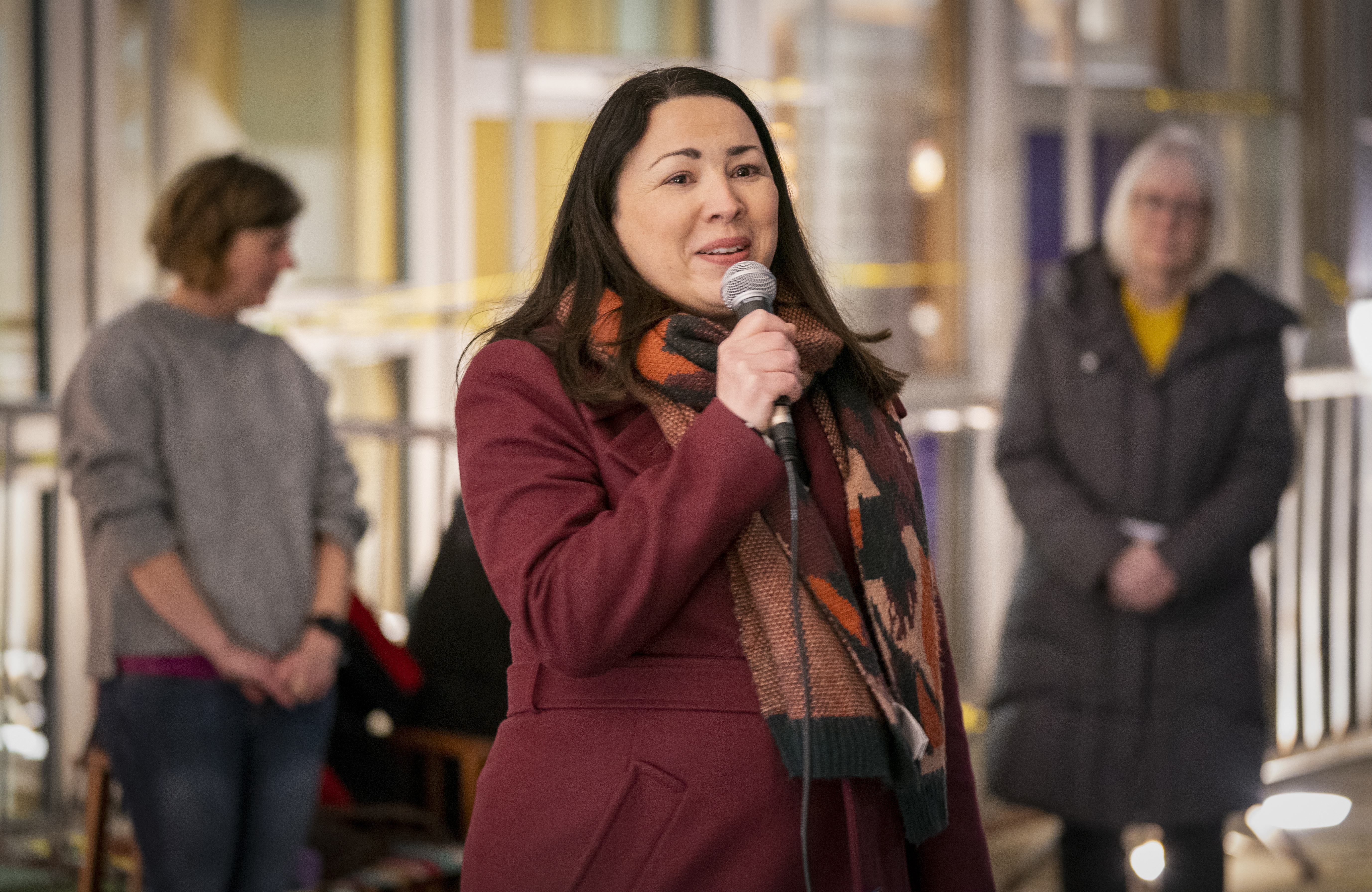
 Strut Safe
Strut Safe

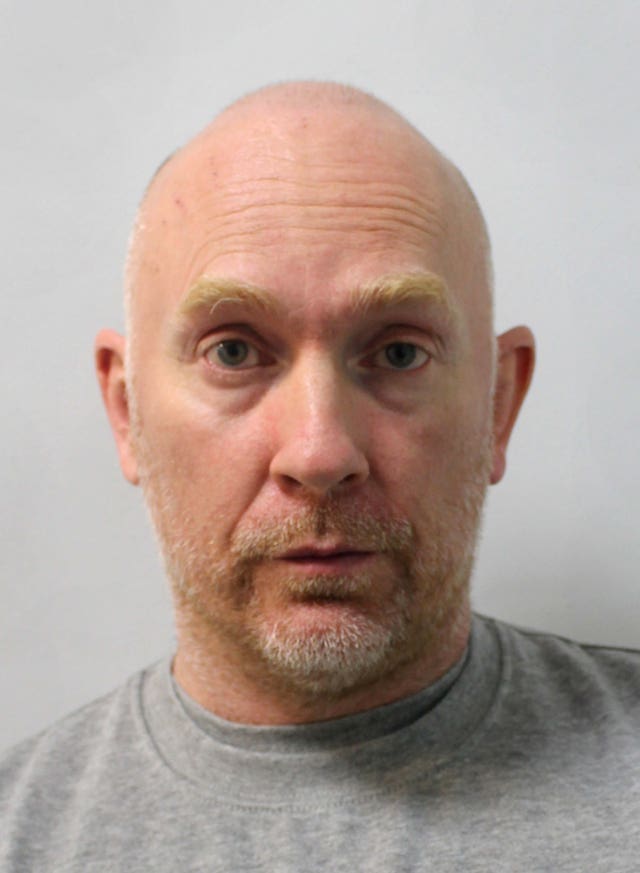
 (@mer_edie)
(@mer_edie) 